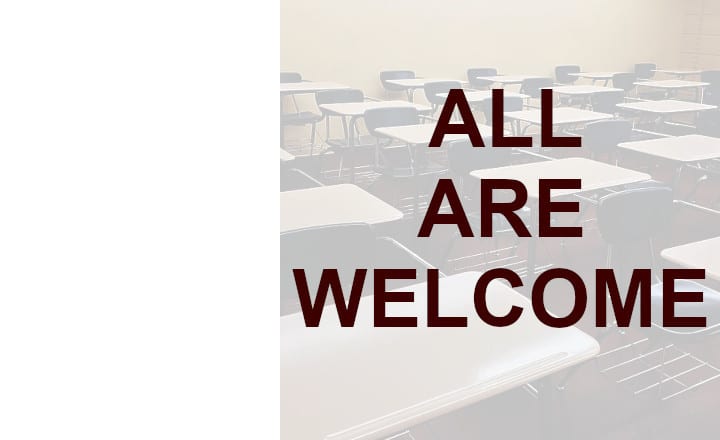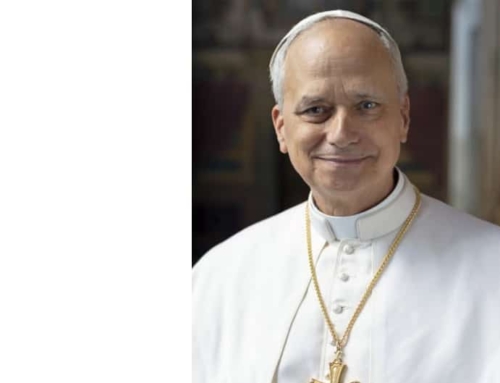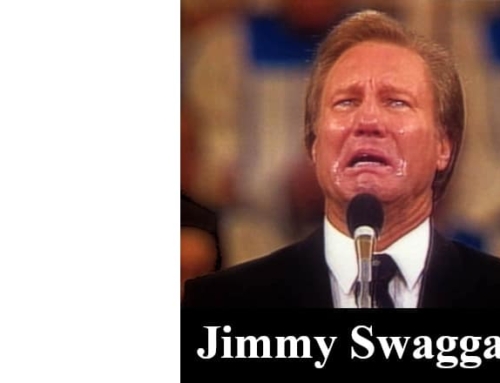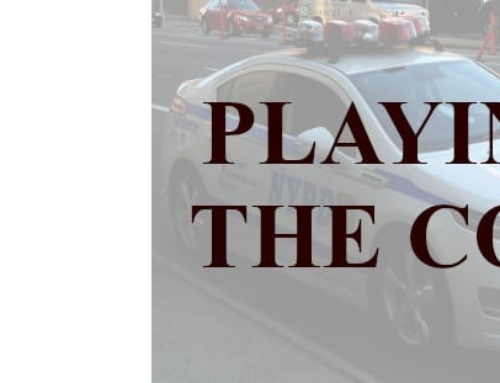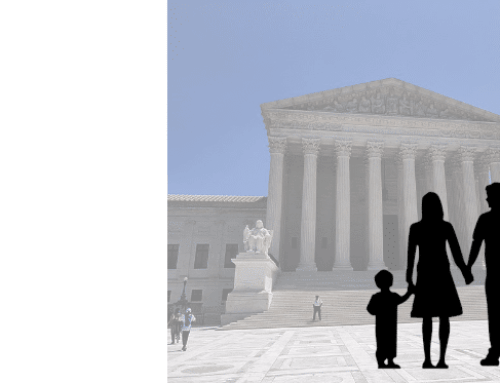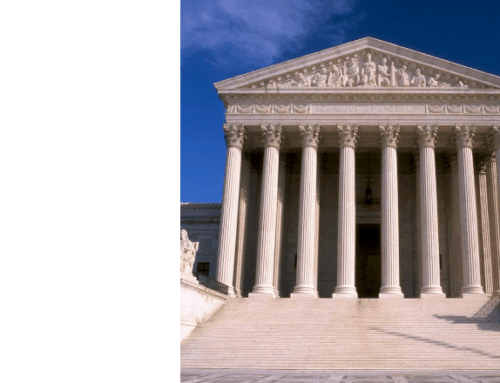At every level, non-Catholics are flocking to Catholic schools. The reasons vary, but no one argues with the numbers.
The rise of anti-Semitism on college campuses, many of them at elite institutions, has driven Jewish students to seek a more welcoming environment at Catholic colleges and universities. Earlier this year a Jewish student and her parents admitted they chose Saint Louis University because it is a place where she will be respected.
“We are an observant Jewish family who chose the Catholic, Jesuit Saint Louis University for our daughter, and she has been delighted,” the girl’s father said. A kosher kitchen was installed for her and it has inspired other Jewish students to transfer. Her father did not mince words. “In today’s ominous campus atmosphere, a strong Catholic university may be a better option for Jews than an Ivy League school.”
Franciscan University of Steubenville is also welcoming Jewish students. It has joined a coalition of 100 organizations, lead by Yeshiva University, to expedite the transfer of Jewish students to Catholic colleges. The coalition has condemned Hamas, pledging a receptive milieu for these students.
For different reasons, non-Catholics have long expressed an interest in elementary and secondary Catholic schools. Nationally, more than one in five students (22 percent) in Catholic schools are not Catholic. Indeed, some Catholic schools have quietly set a quota on the percentage of non-Catholic students they will accept, hoping to maintain its Catholic identity.
Many African Americans choose a Catholic school because it is a safer place for them to learn. That was certainly my experience teaching in a Catholic elementary school in Spanish Harlem in the 1970s. Critically important, of course, is the academic performance of these students: they do better than their public school cohorts. The Catholic graduation rate for high school students is typically close to 100 percent, and 85 percent attend a four-year college.
There is another factor that is often overlooked. Religious schools, not just Catholic ones, have proven to be outposts of civic engagement and tolerance.
In a recent review of over 13,000 studies, a meta-analysis published in the Educational Psychology Review by five scholars in the United States and the United Kingdom, found that “Religious private schooling, particularly, is strongly associated with positive civic outcomes. The evidence is especially strong that private schooling is correlated with higher levels of political tolerance and political knowledge and skills.”
A teacher whom I know used to teach at St. Dominic High School in Oyster Bay, Long Island. She recalls not only having a fair number of Jewish students, she had quite a few gay students who transferred from a local public school.
At first she was a bit puzzled, but then realized that “these children had been bullied at their various public schools and labeled ‘queer’ and that St. Dom’s offered them a safe, loving home where respect, love and dignity was afforded every student.” As she pointed out, this is not what the media report.
Most Catholic schools do remarkable work, and it is too often underappreciated. They should be available to all parents, not simply those who can afford to pay tuition.
School choice programs are the greatest single lever of upward social mobility in the nation, something that African Americans, Asians and Hispanics know first-hand. Were it not for the teachers’ unions, and the money they throw at candidates for public office, more of them would be able to access quality private and parochial schools.


